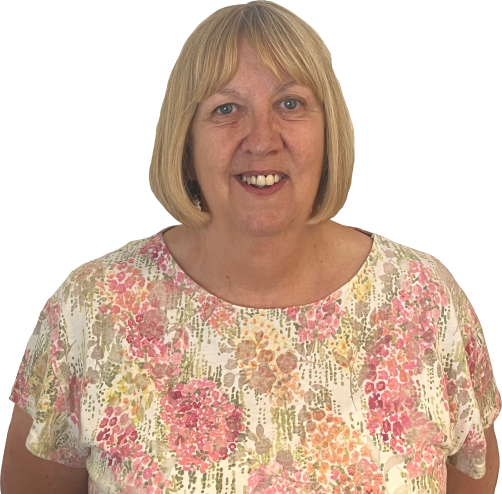

Latest Article

July 25th, 2025
Shaping Competence Together: Building a Culture of Competence in High-Hazard Industries
Other posts by this author
November 1st, 2017
7 health and safety quotes that make you think
February 20th, 2017
Competence Management update from The Oil & Pipelines Agency
February 10th, 2017
US CSB to investigate explosion at Packaging Corporation of America
Categories
Competency Health and Safety Articles Health and Safety News Health and Safety Training In-House News Industry News Online Health and safety Process Training Reynolds Training Services rts Training Course Trending Uncategorized
Written by admin
December 11th, 2014
Health and Safety News
rts
Debate is healthy when it is based on facts as opposed to antidotes designed to support the arguments of health and safety critics, according to Judith Hackitt.
Writing in her blog, the chair of the Health and Safety Executive was quick to caveat her thirst for discussion by underscoring the need for it to be grounded in “real evidence”.
“Even before I became chair of HSE, I was aware that there are very few people who don’t have an opinion about health and safety,” she writes.
“I don’t expect all of those views to coincide with mine and I welcome proper debate among people with different perspectives. What I really find frustrating are people who seize opportunities to express their opinions but use some interesting tactics to mislead their audience into thinking they are being presented with facts.”
Honing in on data massaging, Ms Hackitt comments: “The HSE’s own statistics have been used to question whether we can be regarded as a world leader in health and safety regulation.
“I will admit to being proud of our system here in GB, but it is the system which we have all created and are part of which matters.”
Whilst the statistics are testament to “working together in preventing death injury and ill health”, they also serve as a sharp reminder “that we still have work to do”.
“But the fact is,” adds Ms Hackitt, “what we do achieve is one of the best performances in the world and other regulators around the world come to us for advice on how to improve their systems.”
“I’ve seen one report which ranked the UK as having one of the highest levels of health and safety risk in the world. It’s easy (but misleading) to arrive at that answer if you base it on absolute numbers of incidences and include countries which grossly under-report and those which have very small populations – as this report did.
“It should be obvious to anyone that 50 fatalities in a country of five million people is a significantly worse performance than 100 fatalities in a country of 50 million people. Not so in the methodology of this study, the country of 50 million people would be ranked as being worse than the one with five million!
“One can only question the point of such a study and its bizarre conclusion.”
Ms Hackitt concludes by inviting those who “think differently” to an open debate provided it is thrashed out in the arena of “real evidence” rather than “arguments which are chosen to support a particular prejudice or hidden agenda”.
Written by admin
December 11th, 2014
Health and Safety News
rts

Let’s get
learning together!
Lines open Monday to Friday, 9am to 5pm, GMT

Prefer to talk by email?

Send a message to
enquiries@reynoldstraining.com
or fill in the form and a member of our safety team is standing by to help.
- John Reynolds